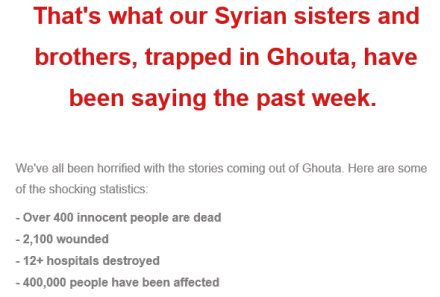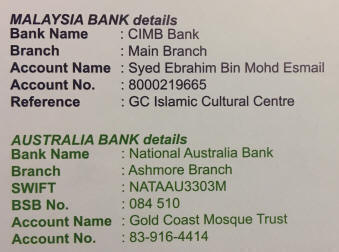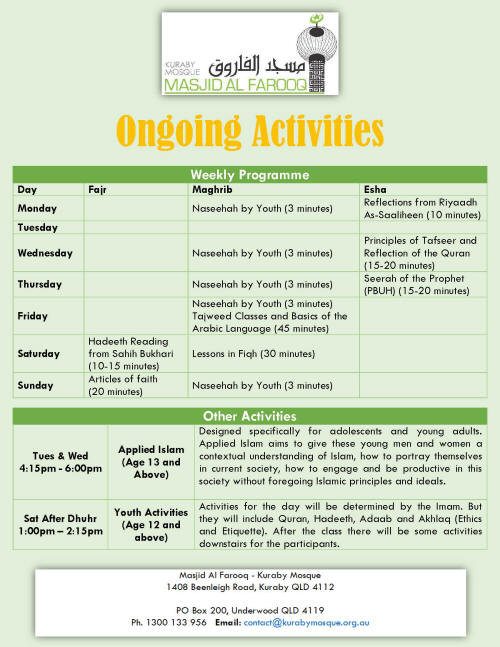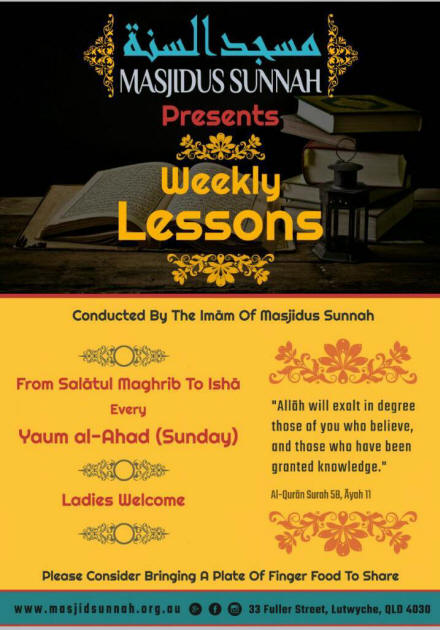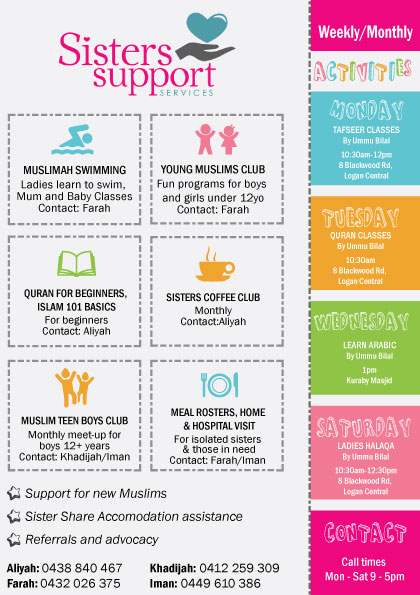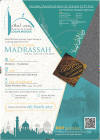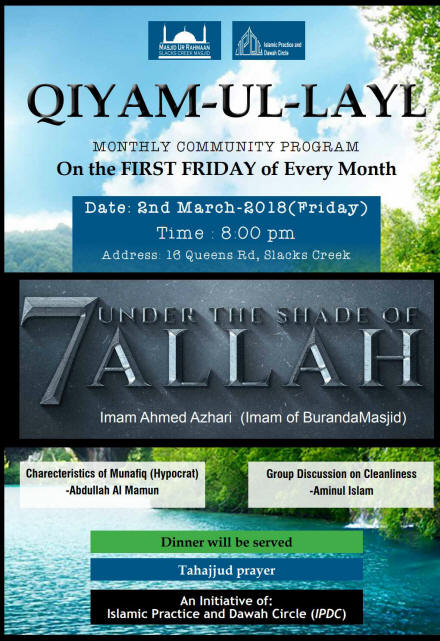|

14 stages of
love according
to the Arabic
language
By Rayana Khalaf
Arabs are in a
league of our
own when it
comes to
romance. I mean,
just look at the
ways we express
love, we're
always ready to
sacrifice our
skin and bones
for the people
we love.
Over-the-top
demonstration of
love goes beyond
our everyday
conversation, as
it is rooted
deep within our
literature.
There is no
shortage of epic
and fiery poems
in Arab
literature,
brought to us by
the likes of Abu
Nawas and Nizar
Qabbani.
In these poems,
we see
variations of
words referring
to love, like "'oshk"
and "gharam"...
but contrary to
popular belief,
these words are
not synonymous.
They each refer
to a unique
degree of love.
Actually, there
are 14 degrees
of love in
Arabic language.
Here they are in
increasing order
of intensity:
CONTINUED FROM
LAST WEEK'S
CCN.....
4. Al-Wajd
(Preoccupation)
|

"Al-wajd"
is when
you just
can't
stop
thinking
of your
loved
one. You
are
preoccupied
with
him/her
and want
to spend
every
waking
hour
with
him/her.
|
TO BE CONTINUED
IN NEXT WEEK'S
CCN.
Source

What No One
Told You about
Spiritual Abuse
in Islam
By Janet Kozak
Abuse in
relationships is
not only black
eyes, bruises,
and broken
bones. With the
exception of
traumatic brain
injury in Muslim
victims, it’s
often the abuse
hidden from
plain view –
like financial,
verbal, and
spiritual abuse
– that does the
most damage to
victims
long-term.
However, it’s
the spiritual
abuse we
experience in a
relationship
that can leave
us doubting
ourselves, our
goals, and even
our belief
systems –
changing us for
the worse and
leaving
lingering
invisible scars
over time.
CONTINUED FROM
LAST WEEK'S
CCN.....
Other
interpersonal
relationships
Ongoing
spiritual abuse
may affect other
relationships as
well, including
those with
family, friends,
co-workers, and
our greater
community.
When victims are
manipulated by
their abuser
using
spiritually
abusive
techniques, they
may erroneously
believe that
they need to cut
ties with family
and friends.
Some victims may
also no longer
feel comfortable
interacting with
others at
school, work,
and in the
community due in
part to the
shame,
embarrassment,
and
self-loathing
they’ve been
taught to
experience.
This pulling
away from
friends, allies,
and the local
community can
lead to
breakdowns in a
victim’s support
system. It can
also prevent
these helpers
from
understanding
what’s really
going on in the
relationship.
Victims end up
slowly hiding
their abuse –
retreating into
isolation inside
their homes and
apart from the
greater Muslim
community.
How to help
victims
It’s crucially
important that
Muslims
recognize when
spiritual abuse
is occurring in
their own
relationships
and in the
relationships of
those around
them. While it
may be harder to
spot than
physical,
verbal, or
financial abuse,
it usually goes
hand in hand
with the other
types of
controlling
behaviour.
Make yourself
available to
victims by
routinely
speaking up
about abuse and
letting people
in your circle
know that you
are available to
listen – you may
be surprised who
will step
forward or reach
out.
Read domestic
abuse survival
stories and
learn what it
was like for
those who have
lives through
abusive
relationships. I
also encourage
readers to
inform
themselves on
the techniques
that abusers use
so that we can
better identify
abusive
behaviour and
help members of
our communities
in need of
support.
The best way to
help abuse
victims is to
understand what
they are going
through, and
then give them
the support they
need on their
terms in order
to make changes
in their lives
and
relationships.
There is no
quick fix for
spiritual abuse
in Muslim
relationships,
but education is
the best
defence.
END OF SERIES
Source

Islam in the
Media 2017
By OnePath
Network
CONTINUED FROM
LAST WEEK'S
CCN.....
THE MOST
OVERBLOWN EVENTS
OF THE YEAR
Whilst a general
overview clearly
shows just how
disproportionate
the negative
coverage of
Islam is, it’s
only when you
zoom in and see
the actual
issues that the
obsessive and
unnecessary
nature of the
coverage becomes
clear. And it
wasn’t just
about terrorism.
Many of the most
absurd and
overblown
examples of
coverage come
from issues that
the Murdoch
media
highlighted by
themselves,
dragging the
rest of
Australia into
their worldview.
Here’s a couple
of ridiculous
highlights from
a year of crazy
coverage.
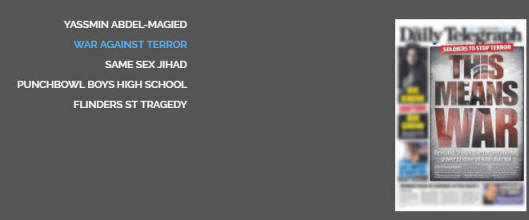
With the number
of incendiary
front-pages in
2017 about
government and
police policy
regarding
terrorism, a
casual observer
would not be
faulted for
thinking that
Australia was
actively engaged
in daily combat
on its streets.
In fact, it
would hardly be
surprising if
that was the
perception in
the offices of
Daily Telegraph
and the
Australian.
Featuring
front-page
headlines like
“This Means War”
(Daily
Telegraph, July
17), “Enemy at
the Gates”
(March 3) and
“In the Firing
Line” (May 22),
the Daily
Telegraph took
great pains to
terrify its
audience about
the threat of
terrorism in
Australia. A
number of
‘exclusives’
claimed that
“there is
nothing stopping
scores of
barbaric
homegrown
jihadists,
including brutes
waging war for
ISIS, from
lawfully
returning to the
country” (Daily
Telegraph, March
3), with “deadly
extremists who
have fought
overseas..
roaming our
streets because
frustrated
authorities
don’t have
enough evidence
to put them
behind bars”
(Daily
Telegraph, May
29), as well as
the news that
“NSW police will
now carry
military-style
assault rifles
on our streets
to protect us
from deranged
terrorist
killers” (Daily
Telegraph, June
8).
In reality
though, these
‘exclusives’
referred to the
opinions of a
small number of
politicians and
analysts and was
in no way
proportionate to
any actual
threat to the
Australian
people.
TO BE CONTINUED
IN NEXT WEEK'S
CCN.
Source
 Hana Assafiri
speaks out about
her violent past
as Muslim child
bride Hana Assafiri
speaks out about
her violent past
as Muslim child
bride
|
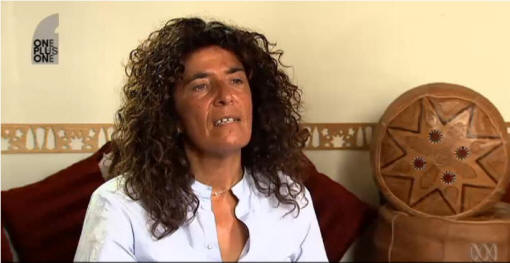
"I didn't want
those events to
define me, and
they don't,"
Hana Assafiri
says. |
Hana Assafiri
opened
Melbourne's
Moroccan Soup
Bar 20 years ago
this June.
Now the owner of
two restaurants,
she is also the
founder of Speed
Date a Muslim, a
community event
to combat
Islamophobia.
Since
revelations of
sexual abuse and
harassment have
gone viral with
the #MeToo
movement, Hana
Assafiri
believes it's
her turn to end
the silence. For
the first time,
she shares her
personal story
of abuse.
CONTINUED FROM
LAST WEEK'S
CCN.....
After the
marriage ended
you went back to
school at 19?
I was 19 and I
loved it. I went
back to school
regardless of
the humiliation
of being the
oldest kid.
It was a walk in
the park
compared to
where I'd been.
At school I just
sat there
absorbing
knowledge.
Your sons
were living with
their father.
How did you move
forward without
them?
It was very
difficult living
without the
boys.
Their father was
given sole
custody because
he had better
means of looking
after them. With
no regard for
the violence and
the
circumstances, I
was deemed not
to be able to
care for the
boys.
Then their
father moved
them to Sydney.
I locked myself
in my room and
was depressed
and getting more
depressed and
felt longing and
grief.
Until one
day, I
opened the
door and
decided 'it
is what it
is'. It's
time to get
up and get
out of that
room.
And I did. It
was like a
metamorphosis. I
came out into a
world where I
moved from being
a toddler, to
crawling, to
walking, to
learning how to
sit in a cafe
for the first
time and to
explore what it
was I liked and
to be guided by
essentially my
barometer, my
intuition, which
is where I am
now.
TO BE CONTINUED
IN NEXT WEEK'S
CCN.
Source

A House
Divided:
Tablighi Jamaat
(TJ)
By Sajid Iqbal
|
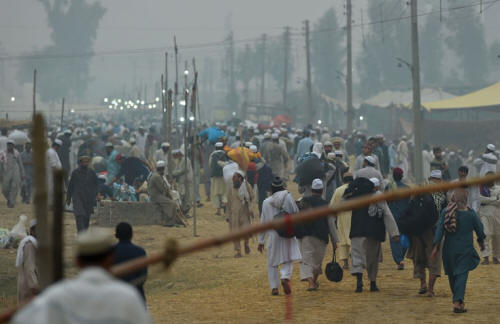
Devotees at the
the Raiwind
Ijtima |
CONTINUED FROM
LAST WEEK'S
CCN.....
THE BIG
DIVIDE
The Tablighi
Jamaat presents
itself as a
selfless,
apolitical,
multi-ethnic
entity — but
from behind this
reserved
organisational
character an
internal schism
is emerging,
with two rival
camps fighting
for spiritual
authority.
The conflict
came out into
the open
recently in the
United Kingdom,
where TJ has a
significant
base. In
December 2017,
police had to be
called in
repeatedly to
separate
brawling
adherents of the
two camps, both
of which wanted
to lay claim to
the
Masjid-i-Ilyas,
the Markaz or
central office
of TJ. Things
got to such a
point that the
Markaz was
shuttered by the
authorities for
two weeks to
allow tempers to
calm down. But
the schism has
only grown and
taken on
international
dimensions.
One side of the
conflict
originates from
Nizamuddin — the
oldest Tablighi
centre and the
de facto
headquarters of
the movement in
the Indian
capital Delhi.
Here you will
find followers
of Maulana Saad
Kandhalvi, ameer
or head of the
TJ shura
(advisory
council).
Maulana Saad
Kandhalvi is the
great-grandson
of Maulana
Muhammad Ilyas,
the founder of
the missionary
movement and the
grandson of its
second ameer.
Due to his
relationship
with the TJ
founder and the
second ameer,
Maulana Saad is
revered by many
in Tablighi
circles.
The other camp
resides in
Raiwind,
Pakistan — home
of a sprawling
complex which
hosts an annual
conference that
attracts tens of
thousands of
Tablighi
missionaries
from all over
the world. Some
might say this
is the rebel
camp. Here,
leaders have set
up their
13-member
advisory
council, with a
more
international
membership. Haji
Abdul Wahab,
ameer of Raiwind
Shura and one of
the senior-most
members of TJ’s
central
leadership
council, is the
key figure in
the Aalmi Shura,
or the
international
advisory
council. Raiwind
used to be the
largest
gathering of
Muslims outside
of Haj but was
overtaken by the
Tongi jalsa in
Bangladesh ever
since foreigners
became reluctant
to visit
Pakistan because
of security
reasons.
Differences
between the two
camps were
simmering
beneath the
surface for a
long time but
these
differences
played out in
public only
recently.
Emotions ran
high in London,
which is home to
leaders and
supporters of
both factions,
over what was
deemed
acceptable and
what was deemed
modern.
The sources of
discontentment
are many but
going by the
charge-sheet
issued against
him by Darul
Uloom Deoband in
their fatwa,
Maulana Saad is
accused of
disrespecting
the scholars and
earlier prophets
and putting
forward
“unacceptable”
new
interpretations
of the concepts
of the Quran and
Sunnah.
Currently there
are two TJs
operating in
London and in
the rest of the
UK. One adheres
to the
instructions
from Nizamuddin
in Delhi and
Maulana Saad
Kandhalvi and
the other
follows
instructions
from the Aalmi
Shura centred in
Raiwind. These
differences were
initially kept
under wraps but
later both
factions
launched
Facebook pages
to keep their
supporters
informed about
the latest
developments.
“Prophet Moses
left his nation
and went in
seclusion to
engage in
munaajaat
[conversation
with the
Almighty], due
to which 188,000
individuals went
astray,” Maulana
Saad was quoted
as saying in one
of his speeches.
“To teach deen
[religion] for a
wage is to sell
deen,” he is
quoted as saying
on another
occasion.
“People who
commit zina
[adultery] will
enter jannah
[paradise]
before those who
teach Quran for
a wage.”
An audio clip of
a mashwara or
consultative
meeting at
Nizamuddin
started doing
the rounds among
TJ circles where
Maulana Saad is
heard saying (to
protestations):
“I am the ameer
... the ameer of
all ... if you
do not agree, go
to hell.”
It was basically
due to these
utterances that
Maulana Saad’s
opponents
consider him
unfit for the
office of ameer
saying he lacked
the requisite
‘tarbiyyah’
(growth,
development,
loftiness).
Supporters of
Maulana Saad
say, however,
that he wants to
modernise the
group by getting
rid of some of
the archaic
practices having
no roots in the
Quran and Sunnah.
“The elders are
angry with
Maulana Saad
because he is
trying to shake
up Nizamuddin,
which has been
filled with a
coterie of
maulanas, who
have vested
interest in
following the
old path,” one
of Maulana
Saad’s
supporters was
quoted as saying
at an event in
London.
They mention his
preference for
Muntakhab
Ahadith
(selected
sayings of
Prophet
Muhammad, PBUH)
by Maulana
Muhammad Yusuf —
his grandfather
— against
Fazail-e-Amaal
by Maulana
Zikraya as the
core reading
material during
missionary work.
They also
mention the new
mannerism he
introduced to
greet the
newcomers in the
name of daawat,
taaleem and
istaqbal
(preaching,
education and
welcome).
It was on the
basis of these
issues that
Maulana Saad’s
leadership grew
ever-more
contentious over
time. Now TJ is
divided into two
camps — one
supporting
Maulana Saad and
the other
supporting
Maulana Mohammad
Zuhairul Hasan,
son of the late
Maulana Zubairul
Hasan.
Followers,
friends and
well-wishers of
TJ are said to
be very anxious
over this
adverse
situation at
their world
headquarter.
In Nizamuddin,
the rift took an
extremely
serious turn in
June 2016, when
one group of
supporters
attacked their
opponents with
lethal weapons
following an
argument over a
prayer mat. Some
15 people were
reportedly
injured, and the
police had to be
brought in to
calm things
down.
In the face of
death threats
and vandalism,
the senior
members of the
Shura started
leaving
Nizamuddin
Markaz. There
are two centres
of activities
for TJ
volunteers in
India — one at
Nizamuddin in
Delhi and
another in
Bhopal — and
many of the
Shura members
moved to Bhopal
to escape the
conflict at
Nizamuddin.
Because of the
ethnicity of the
leadership of
the rival
factions and
their followers,
the fracas at
Nizamuddin
seemed to have
become a
Gujaratis versus
Maharashtris
conflict.
The remedy for
this situation
was proposed
from Pakistan.
In November
2015, at the
Raiwind annual
congregation,
senior members
of the movement
from around the
world decided to
reconstitute the
world shura, and
named 13 members
to the council
including
Maulana Saad and
Haji Abdul Wahab,
ameer of the
Raiwind Shura.
This provided a
platform to the
opponents of
Maulana Saad in
Nizamuddin and
elsewhere in the
world.
Most
importantly, the
meeting in
Raiwind
“emphatically
resolved to
continue its
business on the
shura
[consultative]
system only and
negated a
particular ameer
or leader for
the future.”
Maulana Saad
rejected these
resolutions and
refused to sign
the document.
TO BE CONTINUED
IN NEXT WEEK'S
CCN: DUEL IN
LONDON
Source

Dear Indian
Muslim Men: We
Need To Talk...
By Ayesha Fakie
|

This may
surprise you,
but we are
people, with
feelings,
thoughts, ideas,
suggestions. At
whatever age.
Whether we work
inside or
outside the
home. |
A letter to
Indian Muslim
men:
Dear Dads,
Husbands, Nanas,
Dadas, Mamoes,
Ghales and our
male cousins,
We want to talk
to you about
male supremacy
in our
communities.
More than
certainly some
of what we touch
on applies to
men whether
they're Indian
Muslim or not.
But as they say,
speak from your
experience.
Which is what
we're doing.
We're women who
grew up Indian
Muslim who
always struggled
to reconcile
what the faith
taught us about
women's place in
Islam, cultural
customs and how
we are actually
regarded in our
homes and
community.
Some of you may
say that you
have no idea
what we're
talking about.
So let us hold
up a mirror.
Women and girls,
and only women
and girls, must
make you tea and
serve it like
docile maids to
British
aristocrats,
bending over,
tray in hand
while you take
it and scoop in
your sugar.
While we do
this, boys are
playing outside,
or gaming. When
we have family
functions, women
and men are
segregated in
more than just
space. Men hold
court, having
discussions on
"important"
matters of the
day (often
centred on
conflicts that
affect Muslims).
Women are
expected to talk
about "womanly"
things: babies
and families and
what grade
Muzammil is in
now, and how
he's doing.
There's no
consideration
given to a man
who would prefer
to be talking
about his kids,
or fashion – or
a woman who
would rather
discuss
political
economics,
especially when
all the uncles
are spouting
ignorant
nonsense that
reveals a basic
misunderstanding
of economic
fundamentals.
Teen boys at the
edge of
adulthood are
allowed in, but
a woman with a
postgrad in
finance is in
the kitchen
somewhere, or
running after
her toddlers
while her
husband sits
back.
As we grow up
and start
becoming
professionals in
the world of
work, this
aspect of us is
never really
acknowledged –
except as
bragging rights
when someone
graduates. We
are not doctors,
or directors, or
actuaries, or
business
analysts only,
of course. But
in our family
spaces, these
sides of
ourselves are
ignored – even
willfully
suppressed – so
that we don't
upset the
community
hierarchies.
Worse, women who
perform most of
their labour in
the home are
erased even
further. No one
asks them
anything beyond
family and kids;
their opinions
on politics or
global affairs
is assumed to be
absent,
irrelevant or
nonsensical.
In our
marriages, it's
still expected
that women do
most of the work
inside the home,
even if both
spouses have
full-time jobs.
Men either don't
know how to do
basic kitchen
tasks ("What is
chopping, and
how is it
different from
dicing and
quartering, and
how do you even
know all
this?"), or you
feign ignorance,
hoping to turn
back time to
when mom did
everything –
right down to
washing and
folding your
undies well into
adulthood. How
often have we
heard jokes
about wives
needing to learn
to cook from
their
mothers-in-law?
The way we
socialise men
has long been
noted as
problematic.
Yes, #NotAllIndianMen
– and you
will no
doubt have
marginalia
to present.
But the
larger trend
stands, and
you need to
address it.
This is
especially true
for Indian men
because in
contrast to
young Indian
girls, Indian
boys are raised
to believe they
can be masters
of the world.
This creates
dysfunctional
husbands and
fathers. Men
still proudly,
for some reason,
proclaim that
you will never
change a nappy,
or cook for the
family, or clean
up. Reasons for
this vary – "I
earn more, so
the missus must
do it," "It's
not even up for
debate in the
first place," or
"No guy wants to
'lower' his
standing by
taking on
women's work."
How do we
reconcile this
with our faith,
when in the
history of Islam
women have
always played
key roles in
society and the
faith? Khadija
(RA) was a
successful
merchant who was
the first to
accept Islam,
and was the
first person to
stand with the
prophet, even
when he doubted
himself,
especially
around others
who would not
believe him.
The prophet
Muhammed (PBUH)
worked for
Khadija (RA) who
was 15 years his
senior and much
wealthier than
him. Yet in our
modern
communities,
this is seen as
unfathomable; an
emasculation.
Additionally,
Aisha (RA) comes
forth in
theHadith and
was sought after
as one of the
leading Islamic
scholars of her
time. Aisha (RA)
opened the first
ever school of
fikh
(jurisprudence)
in Islam. She
had more than
100 students
including men,
women and
children, among
them
contemporary
sahabah of
Muhammed (PBUH).
Worst of all, we
see how you
treat us – which
isn't great –
but it's better
than the way you
treat coloured
or black
domestic
workers. Or
black staff at a
restaurant. Or
just a passerby.
In a country
like SA, where
Indian was
placed below
white and above
coloured, you do
this because in
the grand scheme
of things, life
didn't shake out
so badly for
you.
Yes, #NotAllIndianMen
– and you will
no doubt have
marginalia to
present. But the
larger trend
stands, and you
need to address
it. Indian men
randomly and
routinely still
use racial slurs
against coloured
and black people
– especially in
the safe spaces
of large family
functions.
There is a
common
misconception
that Muslim
Indian
communities are
not affected by
gender-based
violence, when
in reality
parties are
encouraged to
mediate without
fully grasping
the complexities
regarding the
issue. From what
we have seen,
when there is
public outrage,
it affects the
beautiful,
fair-skinned
Indian woman.
Islamic
teachings of
feminism, social
justice and
equality take a
back seat, while
patriarchy
poisons and
degrades our
values.
You continue to
enforce
colourism by
making it so
that
dark-skinned
women and girls
are told in many
ways that
they're
undesirable, and
you expect wives
and girlfriends
to look like
someone out of
Bollywood – with
no mutual
expectation that
you make an
effort to look
like Dev Patel.
Some of you walk
on the beach in
shorts and
sleeveless tops,
while your wife
trails along
wrangling her
purdah and your
kids.
Islamic
teachings of
feminism,
social
justice and
equality
take a back
seat, while
patriarchy
poisons and
degrades our
values. More
inclusive
aspects of
Haadith that
promote
these
teachings
are
disregarded,
because
patriarchal
men are
often the
only ones
who have
access to
resources
and
platforms to
speak.
So grown men
will have no
problem
delivering
entire lectures
policing the
dress code of
young girls, but
are nowhere to
be seen when
young girls need
to figure out or
share tactics to
deal with that
one uncle who
doesn't know
personal
boundaries.
This has got to
stop. Islam is
as much about
social justice
as it is
submission to
Allah. We are
not things;
we are not
robots at your
domestic
service.
This may
surprise you,
but we are
people, with
feelings,
thoughts, ideas,
suggestions. At
whatever age.
Whether we work
inside or
outside the
home.

Huffington Post
ABOUT THE
WRITER
Ayesha Fakie is
the head of the
sustained
dialogues
programme at the
Institute for
Justice and
Reconciliation,
and Khadija Bawa
is an intern in
the sustained
dialogues
programme.
|


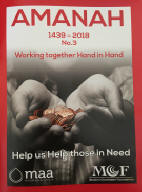
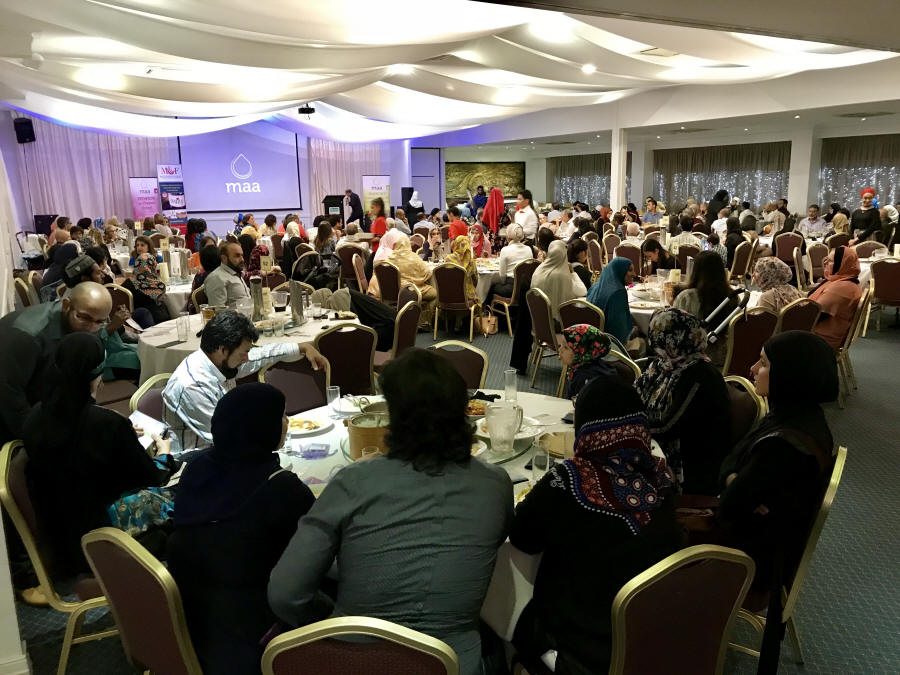
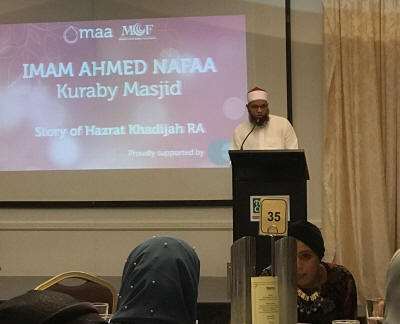
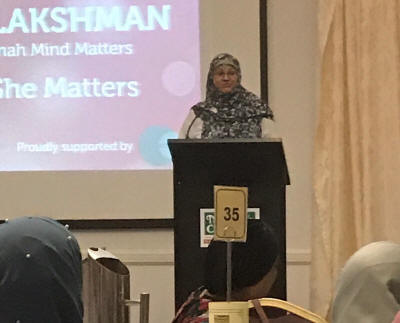
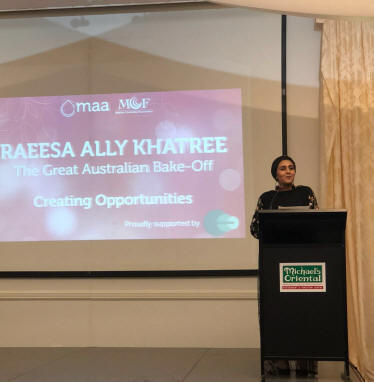
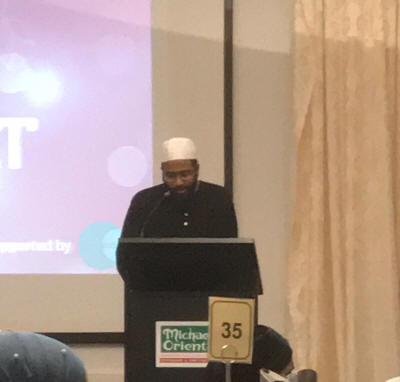
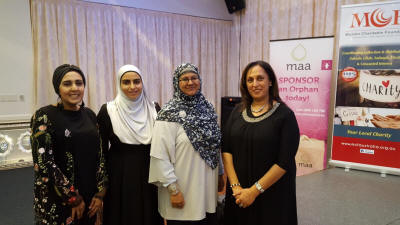
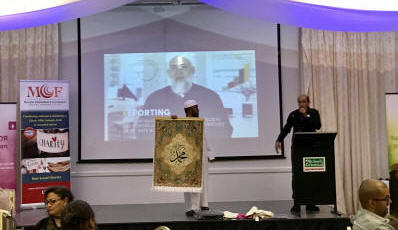
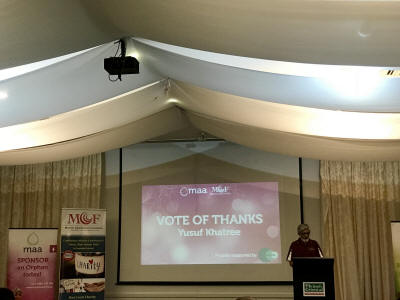
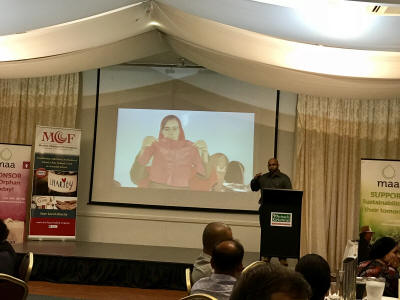
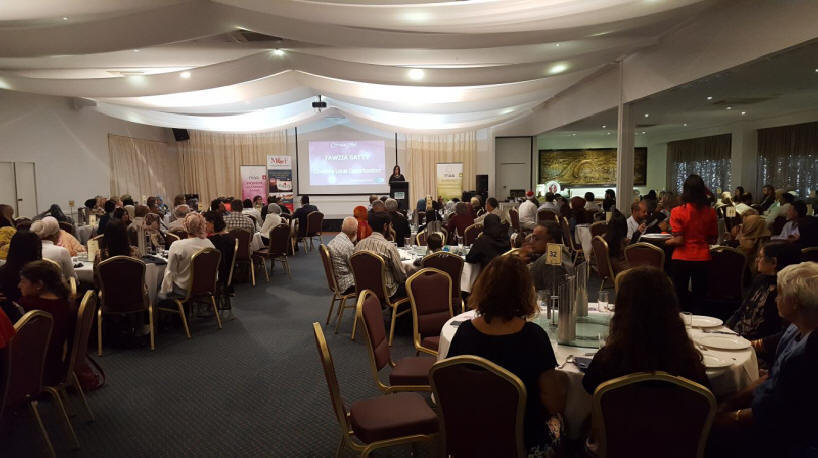
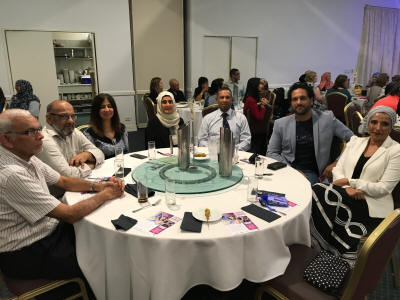
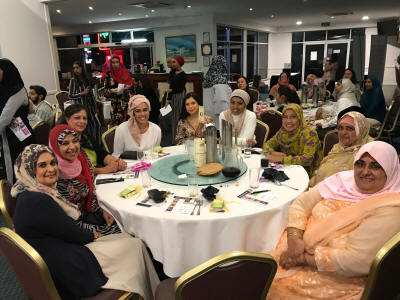
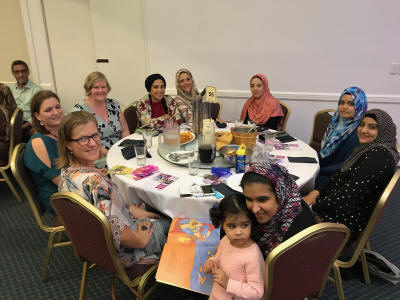
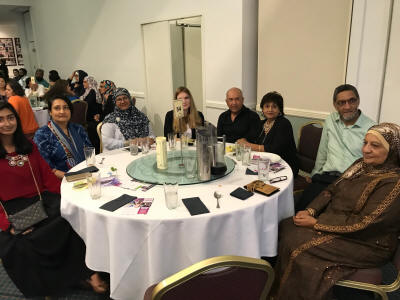

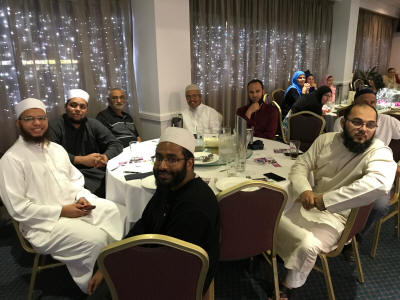
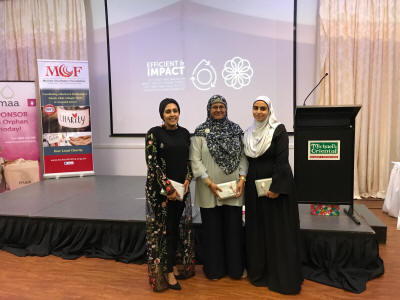
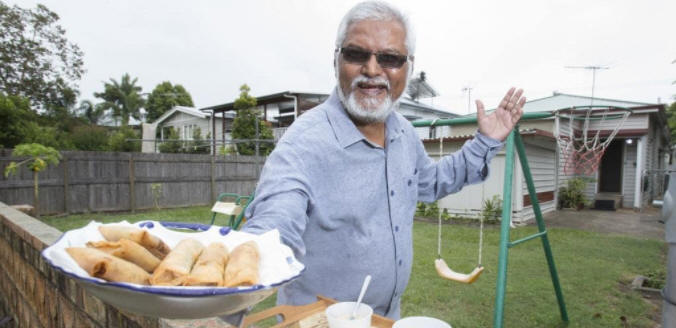
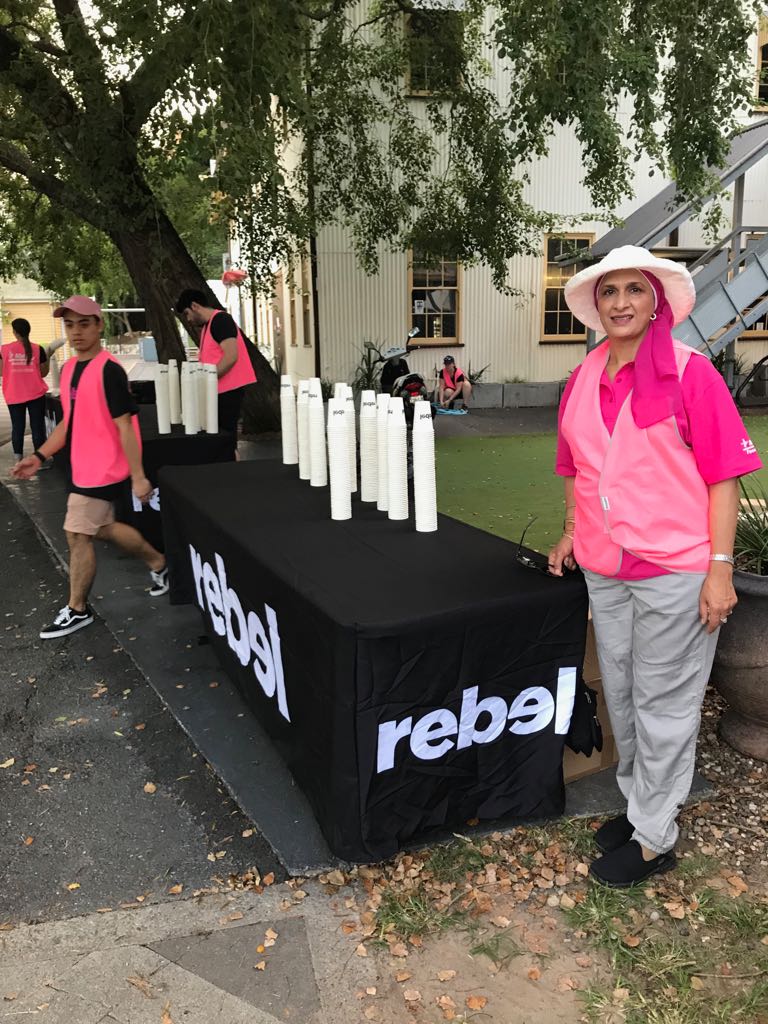
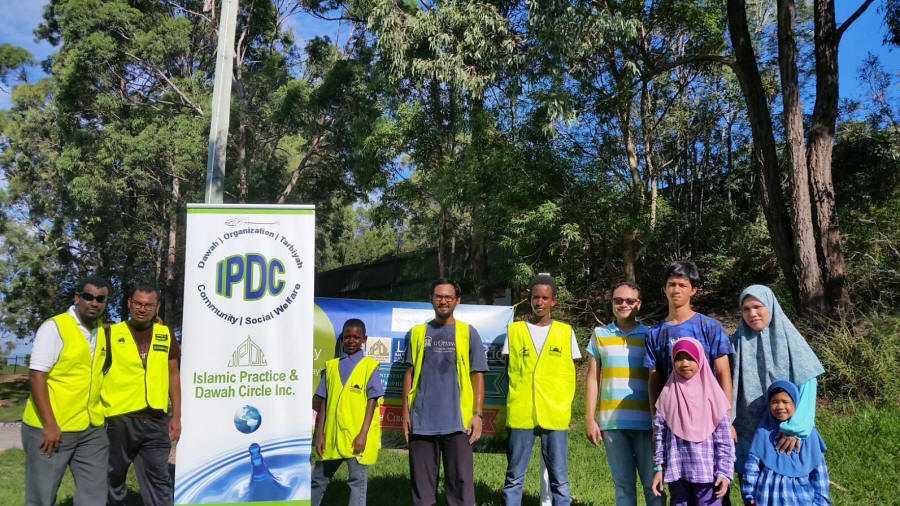

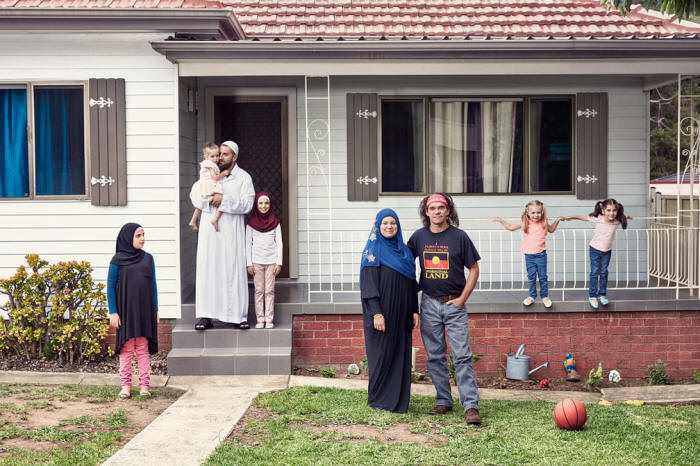

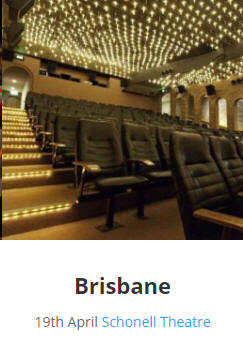


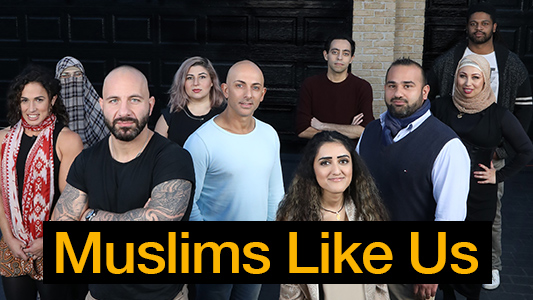
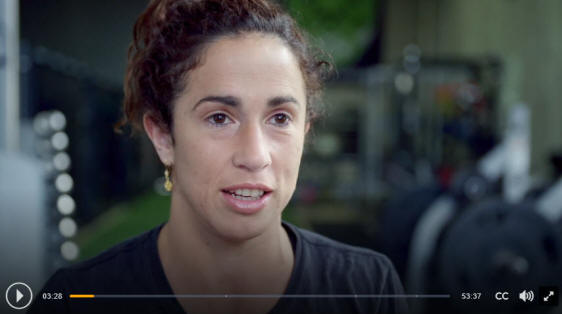
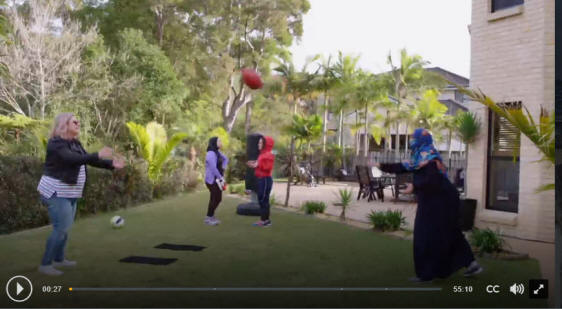
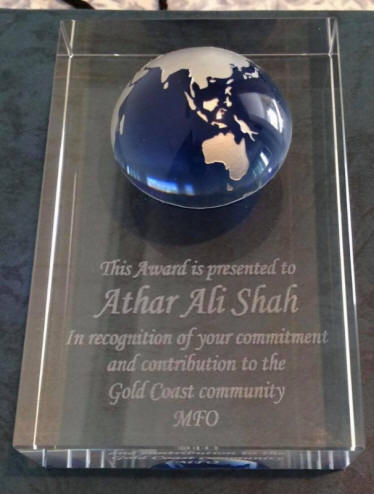
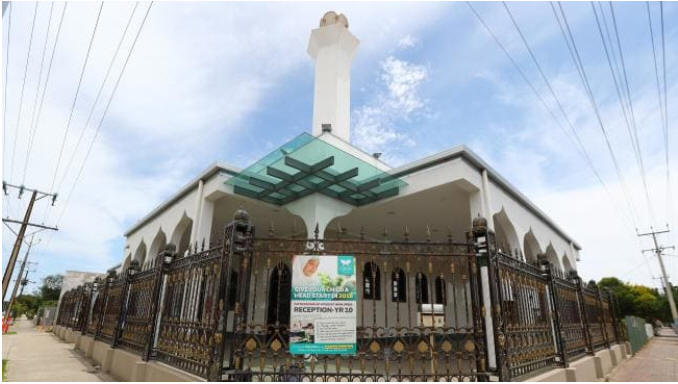

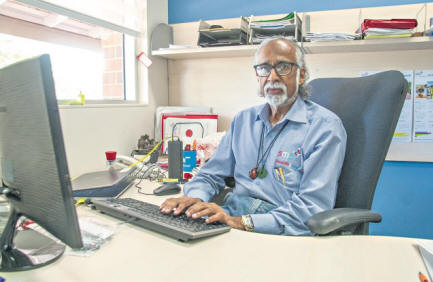

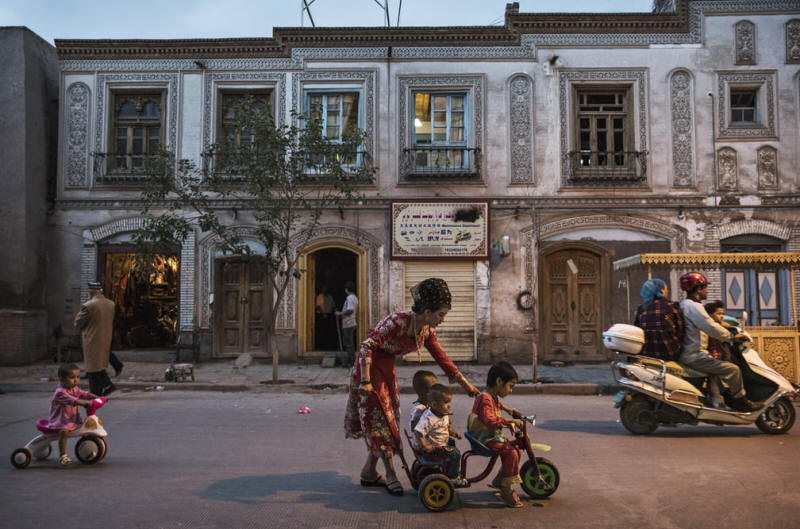
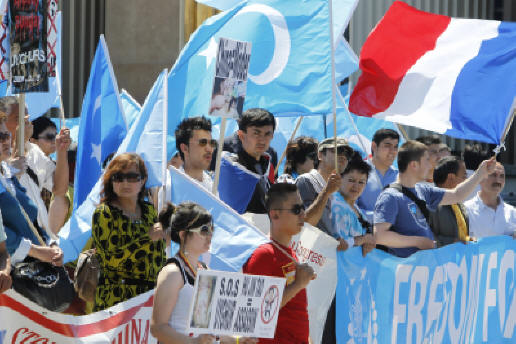


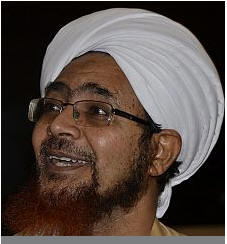













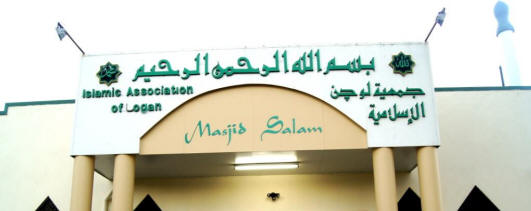

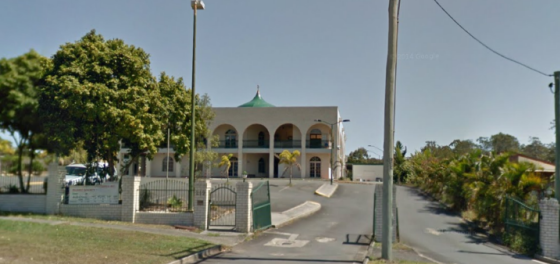

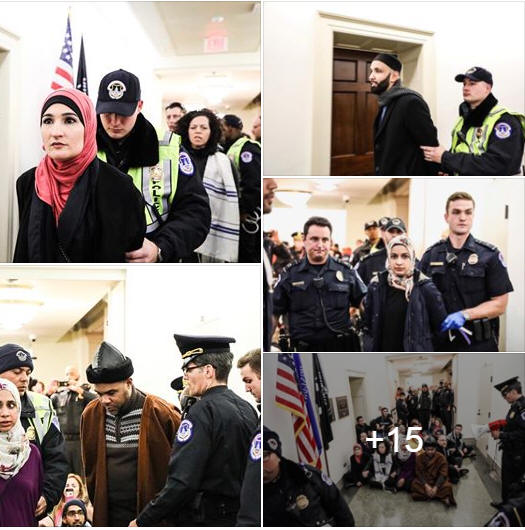
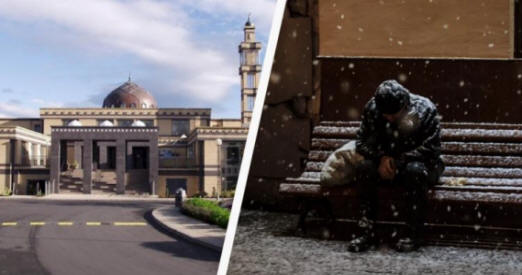

























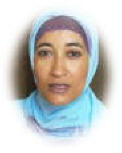
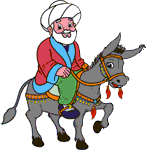
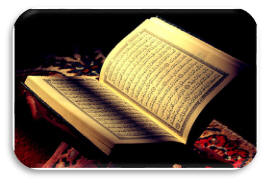


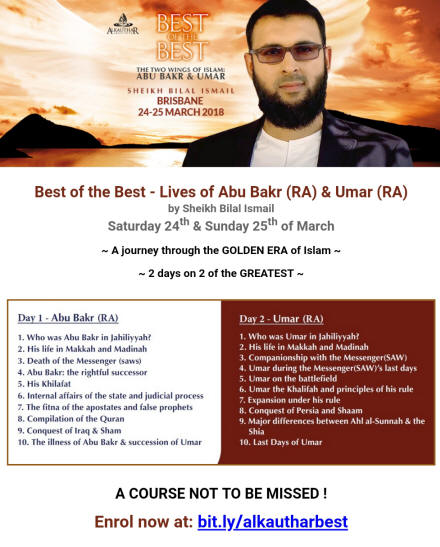

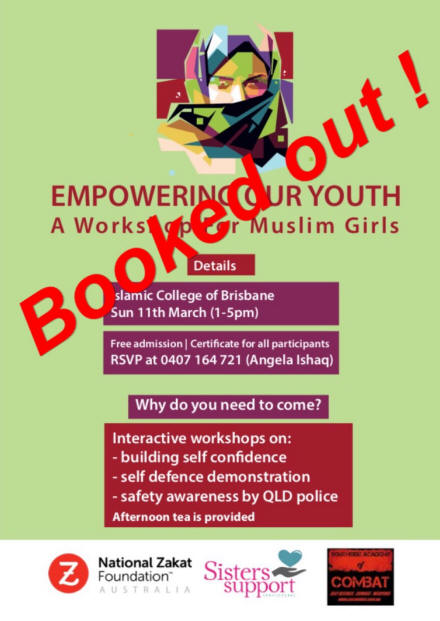


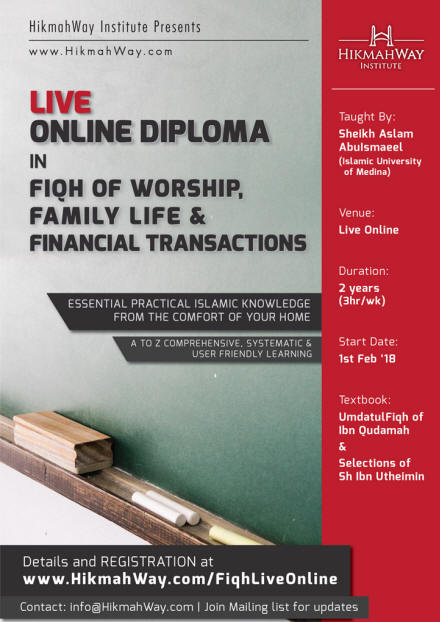

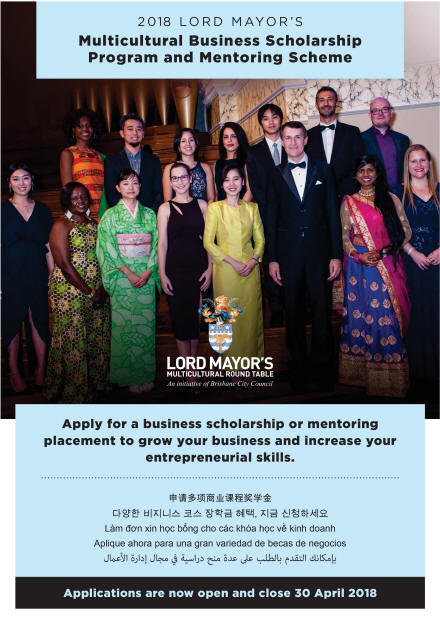




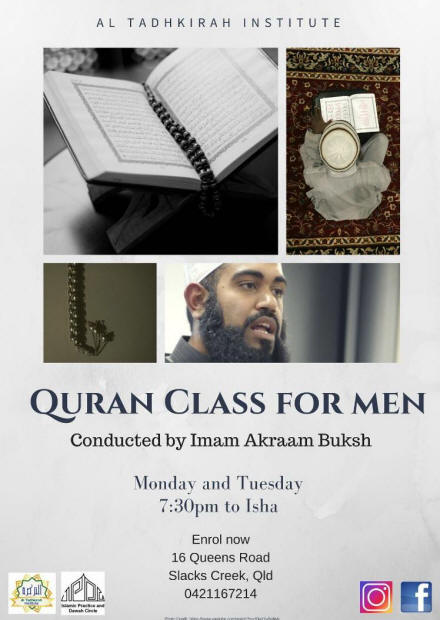
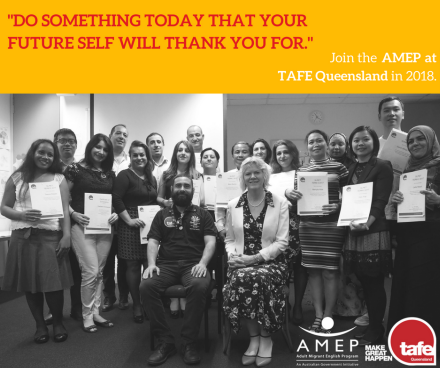










 s
s

